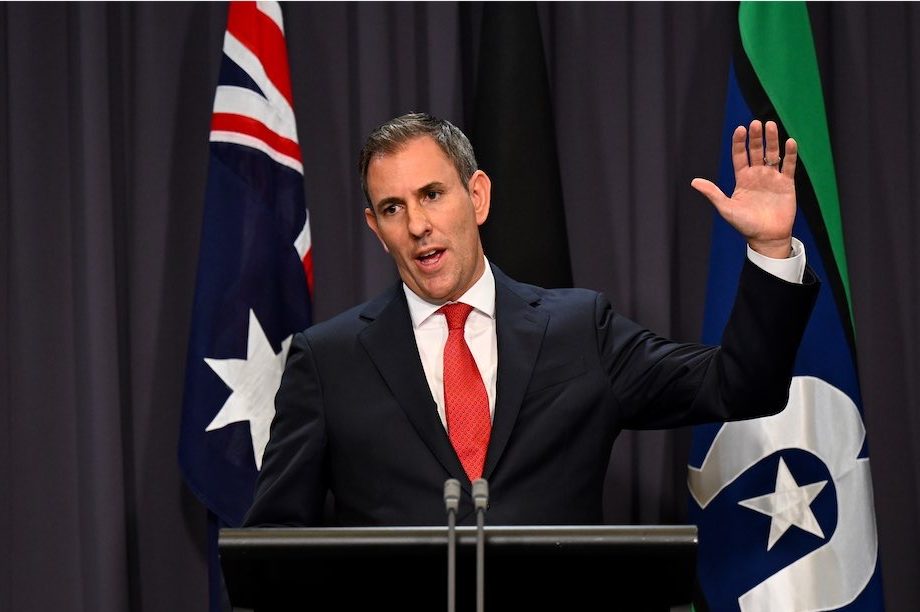
Treasurer Jim Chalmers is preparing a new ‘growth’ script for his third budget, says political columnist MICHELLE GRATTAN.
If Jim Chalmers were in television, he’d not just be the presenter and key producer of the show but the warm-up act as well.
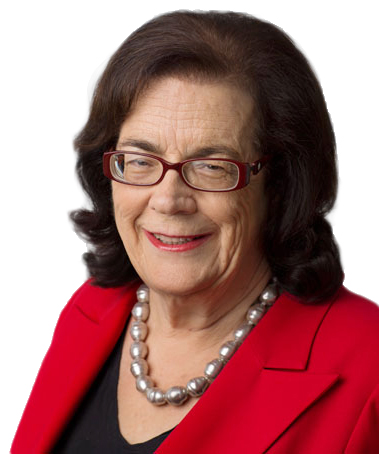
May 14 – budget night – is the treasurer’s big occasion of 2024. He’s already publicly framing the script and getting out the early promos.
Chalmers gave an international audience a taste of the change in policy direction in his economic address when he was in Brazil at a G20 ministerial meeting last week. But it was in the wake of Wednesday’s December-quarter national accounts that we got a more detailed preview.
Ordinary people didn’t need the national accounts to tell them how things are in the Australian economy. Many know it through their own experience. They’ve responded, as the national accounts show, by cutting back on discretionary spending – for instance, by going to restaurants less.
Chalmers and his advisers had been holding their breath early this week, fearing the figures might show growth going negative, which could have been the first leg of a technical recession. There was a feeling of relief when encouraging export figures came out, signalling growth would fall on the positive side.
The growth figure came in at 0.2 per cent for the quarter. Annually, it was 1.5 per cent in the 12 months to December. That’s the lowest for more than two decades, leaving out the covid period.
In light of minuscule growth and (on the upside) subsiding inflation, Chalmers is publicly throwing the switch to growth. In a cautious way, however, given he is (on his record so far) a conservative in budget matters.
Chalmers told his news conference: “Addressing inflation is still our primary concern, but these numbers show that the balance of risks in our economy are shifting from inflation to growth.”
That’s a green light for some more spending – but not a cash splash.
In deciding on the spending, the government is aware it does need to do more to alleviate the high cost of living. One area that it is considering is extra help for energy bills.
But Chalmers made it clear that, whatever extra is done, the reworked Stage 3 tax cuts, which don’t take effect until July 1, will be the big budget item to address cost of living. He also indicated the government isn’t contemplating additional income tax cuts.
In terms of spending generally, Chalmers nominated several areas where government spending could help growth without risking an increase in inflation.
These were the energy transformation, human capital (education, skills) and the care economy.
We’d expect the government to provide incentives to encourage investment in clean energy. Prime Minister Anthony Albanese flagged this some weeks ago.
The US has a huge fund to attract such investment. Albanese said the government has to be a partner in attracting investment. “We don’t have to go dollar-for-dollar in our spending, but we can go toe-to-toe on the quality and impact of our policies,” he said.
The budget is likely to make an early down payment on some proposals in Education Minister Jason Clare’s recently released universities accord. Some changes in the student loans scheme HELP and/or some financial assistance for student nurses and teachers on placements would be logical initiatives.
There will be pressure for some improvements in the welfare area. In 2022, Senate crossbencher David Pocock extracted (in return for his vote on industrial relations legislation) the PM’s agreement to set up an economic inclusion advisory committee, to report prior to each budget.
Before the 2023 budget, that group put forward ambitious recommendations for improving welfare benefits; it got only some of what it sought. Another set of bids is in the pipeline this year – these will be published at least a fortnight before the budget.
One area that remains an unknown is what will happen on aged care. The government has for months been sitting on a report from a group chaired by the Minister for Aged Care, Anika Wells, on the sustainability of aged-care funding. It is likely to release the report as soon as next week, with the response later. One would expect the budget would have to begin addressing some of the report’s issues.
Aiming to keep budget expectations in check, Chalmers has warned the very large revenue upgrades that have marked his earlier budgets should not be anticipated this time.
Chalmers won’t yet say confidently there will be a budget surplus, only that it is “a reasonable chance”. But there is little doubt he has his mind set on delivering his second consecutive surplus.
Although budget planning is under way, most decisions are yet to be made. Ministers have put in their wish lists and these will be whittled down by the expenditure review committee.
The ERC comprises Albanese, Chalmers, Deputy Prime Minister Richard Marles, Senate leader Penny Wong, Finance Minister Katy Gallagher, Health Minister Mark Butler, Infrastructure Minister Catherine King, Communications Minister Michelle Rowland and Assistant Treasurer Stephen Jones.
It is a committee dominated by the economic ministers but with the voice of spending ministers represented there too.
But some ministerial discontent about this year’s ERC process has leaked out.
Nine newspapers have reported some ministers were “frustrated that key spending proposals are being rejected” by the government’s inner circle. Specifically, Industry Minister Ed Husic has objected to ministers being excluded from the room while the expenditure review committee discusses their proposals.
Spending ministers railing against economic ministers’ tight grip on the money is nothing new – it happens in governments of both hues. But it is notable that in this highly disciplined, tightly controlled administration, the angst has reached the media.
For Chalmers, this is a transition budget, which has to be crafted carefully, given the uncertain economic times. It won’t be the last of the political cycle. Albanese has flagged there is likely to be another budget, next March, before the election.
If Chalmers loosens the purse strings in May, he may need to have them open wider in 2025.![]()
Michelle Grattan, Professorial Fellow, University of Canberra. Republished from The Conversation.
Who can be trusted?
In a world of spin and confusion, there’s never been a more important time to support independent journalism in Canberra.
If you trust our work online and want to enforce the power of independent voices, I invite you to make a small contribution.
Every dollar of support is invested back into our journalism to help keep citynews.com.au strong and free.
Thank you,
Ian Meikle, editor
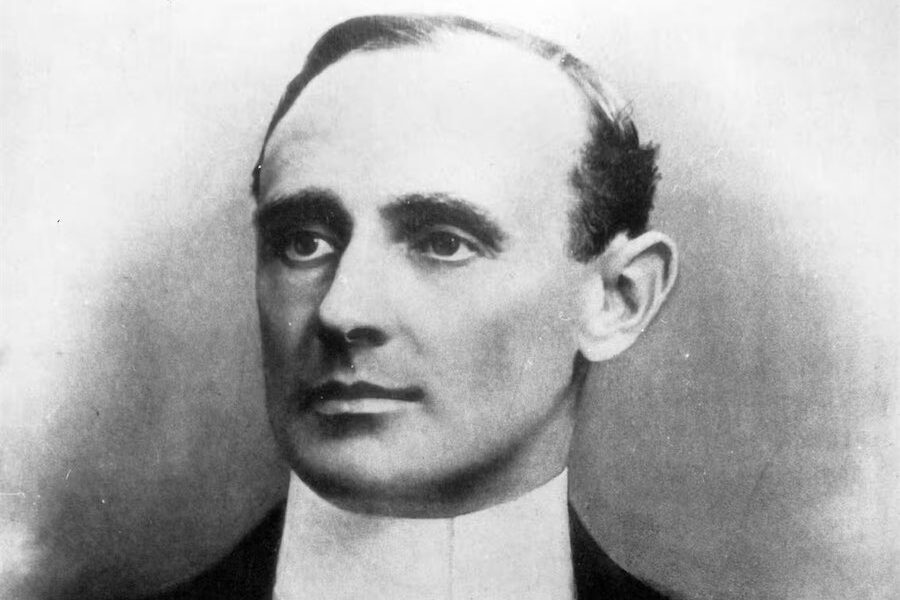
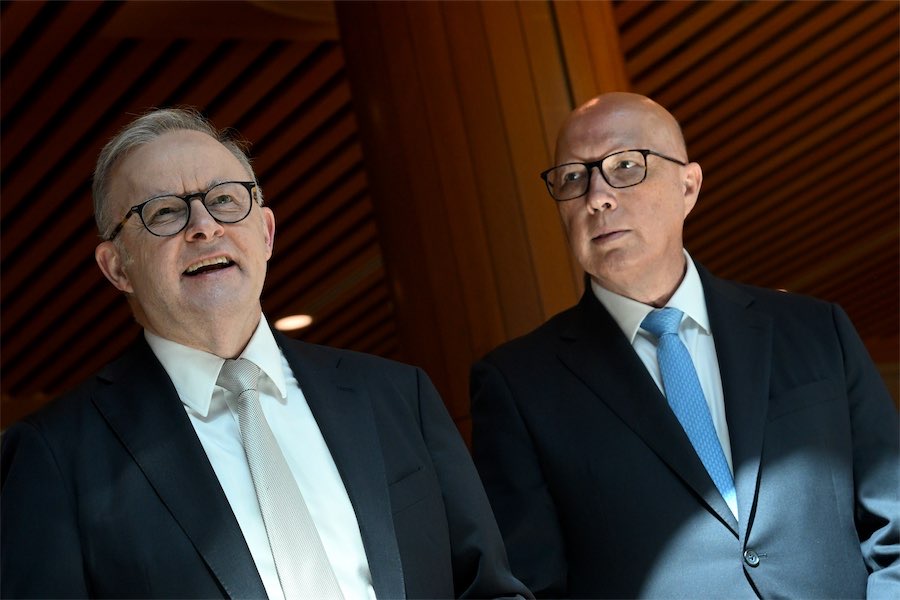
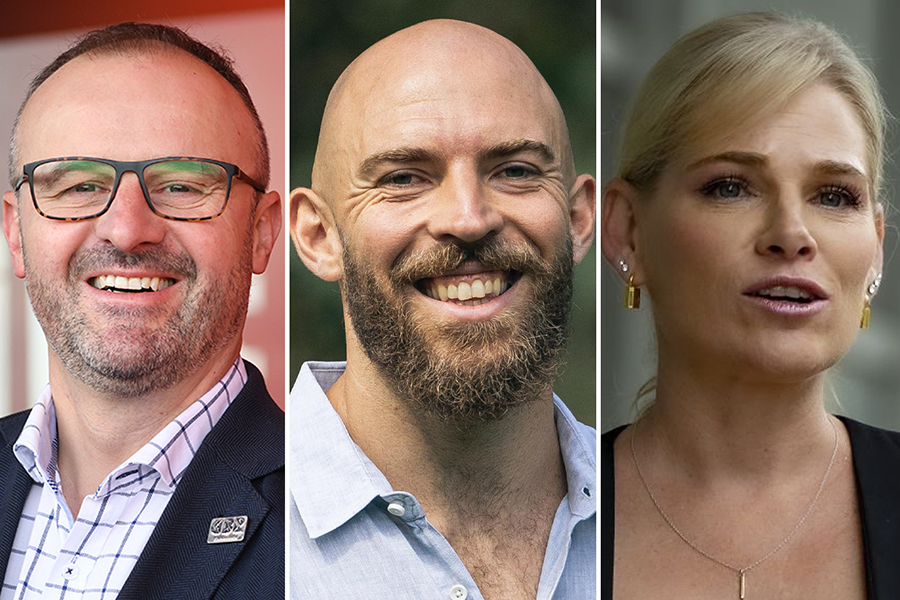

Leave a Reply